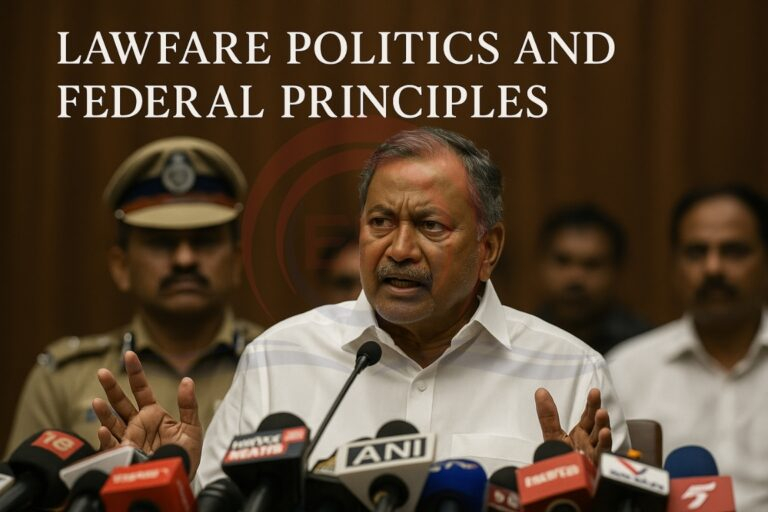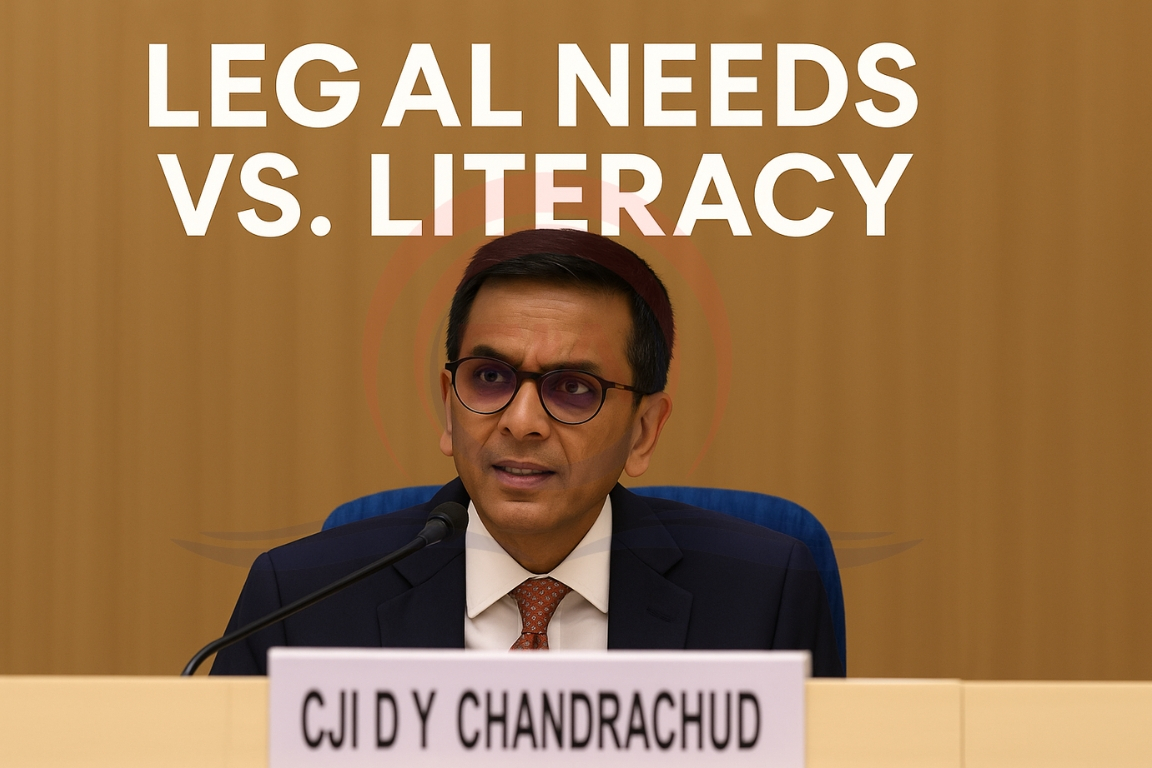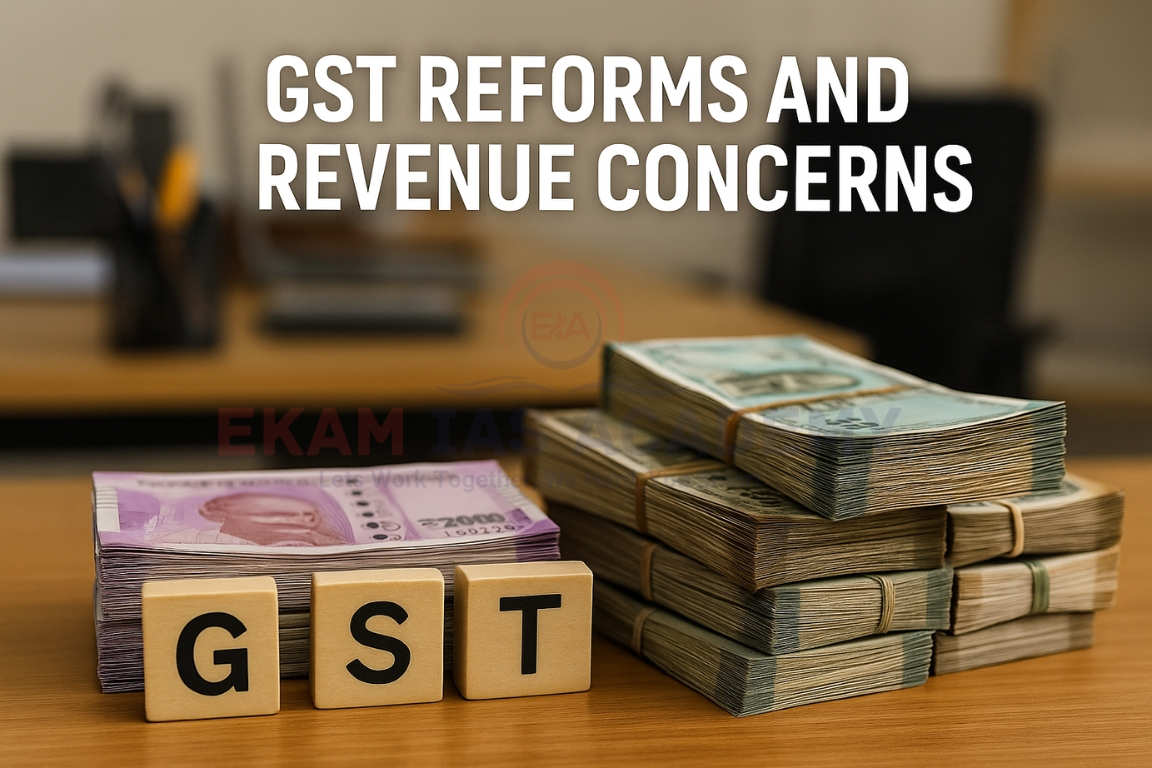Recently, the Centre introduced three Bills, including a constitutional amendment, proposing that the Prime Minister, Chief Ministers, and Ministers would automatically lose office if detained for an offence carrying imprisonment of five years or more. Though projected as a move to improve accountability, the proposals raise serious concerns about federal balance, misuse of agencies, and natural justice.
Key Features of the Proposal
- Automatic removal of PM, CMs, and Ministers upon detention by a law enforcement agency.
- Reinstatement only after acquittal by a court.
- The government claims the law applies equally to the Prime Minister, but critics argue that central control over agencies makes such application unequal.
Concerns Raised
Erosion of Federalism
- In practice, the law would disproportionately affect State governments, as central agencies (ED, CBI, NIA) are under Union control.
- This could amount to indirect dismissal of elected governments without a judicial verdict.

Presumption of Guilt
- The proposals imply that detention equals culpability, undermining the principle of innocent until proven guilty.
- Existing laws already provide for disqualification upon conviction, making this proposal unnecessary.
Political Weaponisation of Agencies
- Growing perception that investigations are selective, targeting Opposition leaders, while those who switch allegiance to the ruling party escape scrutiny.
- Example: Multiple Opposition Chief Ministers and Ministers arrested in 2024 under PMLA, while defectors faced no action.
Civil Liberties at Risk
- Harsh bail provisions under PMLA and UAPA, along with judicial reluctance to grant bail, mean detention can effectively end political careers.
- This undermines people’s mandate, as elected leaders can be removed before trial.
Current Affairs Link
- In 2024–25, Opposition parties strongly criticised the proposal as an attempt at “lawfare”, i.e., using legal instruments for political gain.
- The debate coincides with broader controversies over Governor’s powers and centralisation of authority in India’s federal structure.
Conclusion:
While corruption must be tackled firmly, combating it cannot justify measures that erode justice, liberty, and federalism. The new proposals risk turning law into a political tool, weakening both public trust in institutions and the sovereignty of the people’s mandate.





